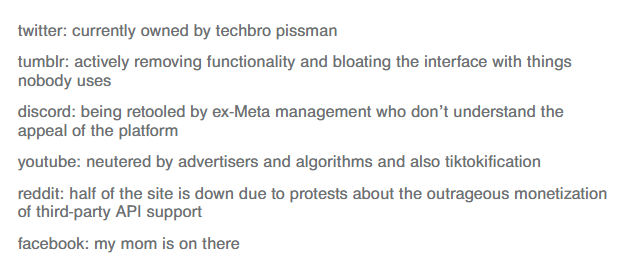Some say, ‘Fake it till you make it,’ as a positive thing. In fact, a very dear friend used to say it, and it did him a lot of good. But then, he’s an honest sort of chap and he never promised something he couldn’t deliver. His take on faking it was to present a confident front—but never slip into being actually deceptive. Wear the right suit and a nice watch. Be outgoing. Maybe let people make assumptions about your capabilities. But don’t take it too far.
I’ve seen some correspondence over the last while from lawyers or people professing to have legal backgrounds or training. And this might be no surprise to some people, but I was somewhat dismayed at the lack of integrity on display.
A client of ours has a very strong case but the opposing side hired their lawyer to counter it. What I read of her correspondence was downright deceptive. Fine, she can write in language that discourages my client from taking further action. I wouldn’t want to call it intimidation. But what I read of her take of the case was so far removed from the law. It wasn’t even a tenuous connection to some obscure precedent. It was outright wrong.
When I went to law school, I don’t think this was on the agenda. If you know your client has a weak case, your best bet would be to get as good a deal for them as possible in the circumstances. But you don’t do that by lying.
And this was a New Zealand lawyer. Supposedly trained under the same system as I was.
I had already seen it from a US company that was arguing with me over the use of a photograph. I had already covered this on this blog a few years ago. I never let on about my own training—I was replying to him via the company email rather than my own. He never knew of my speciality in intellectual property law. So I let him make his mistakes during all his grandstanding, including a total misinterpretation of a section in our Copyright Act 1994. I encouraged him to sue if he felt that was his position. Nothing happened. He had no case.
A third case was with someone who had legal training, and her hypocrisy was laid bare. She stated her desire to settle the matter amicably while her tone and manner were belligerent. Either she was gaslighting earlier events by claiming I had said something in an email that I never did (it was easy enough to check), or she lacked basic everyday knowledge about what a certain word meant. Again, it was her sheer confidence of believing herself to be right that surprised me when her own position could not bear scrutiny. I’ve no desire to deal with gaslighters.
This can’t be how we are training the legal profession yet here are three examples—two domestic, one foreign—that suggest it’s OK to lie in order to get your way.
All it does is paint the person in a particularly poor light. If they lack integrity then there is no point coming to a resolution with them. It drags the matter on unnecessarily—I suppose in the first case the lawyer could bill her client for her time. But it wasn’t in the client’s interests to have the matter drag on. Only in hers.
The other two were just a waste of time. The American was really playing a game of extortion. The Kiwi was either deceptive or out of her depth. You’d almost want those matters to go to court as you could easily get a summary judgement and cut them off at their knees. Or have a mediator or judge confirm just how wrong they were. And I don’t see how the added stress does anyone any good.
A bit of humility goes a long, long way. To realize someone out there may be much cleverer than you. But maybe we live in a time when that’s perceived as “weak”. Win at all costs because you don’t want to be a “loser”. We’re seeing something similar play out right now in US politics. It’s not an example we should be setting anyone. And sadly, this behaviour is here on our shores. Call me naïve or idealistic, but it feels very unlike us.





